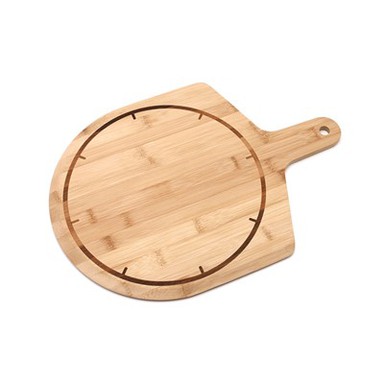Is acacia wood good for cutting board?
Mar 11, 2025

Why Acacia Wood Cutting Boards Are a Kitchen Favorite
When it comes to picking the perfect cutting board, there are endless options-plastic, bamboo, glass, and classic wood. But if you're looking for something which is tough enough, beautiful, and easy to care for, acacia wood might just be the winner. They're tough enough for daily use, gentle on your knives, naturally hygienic, and stylish enough to double as serving platters. While they might cost a bit more than plastic, but it is worth to do, because they'll last for many years with minimal care.
Now, let's break down why this material has become a go-to choice for home cooks and chefs.
1. Built to Last
Acacia wood is like the superhero of cutting boards. It's naturally dense and hard, which means it doesn't scratch or dent easily, even if you're chopping veggies like a pro or slicing through crusty bread. Unlike plastic boards which get ugly grooves over time or bamboo which can feel a bit rough on knives, acacia wood stays smooth and sturdy. Think of it as the armor of cutting boards-it protects your knives while staying tough enough to handle daily meals.
2. Naturally Fights Germs
Here's a cool bonus: acacia wood has natural properties that help keep bacteria at bay. Its tight grain leaves fewer places for germs to hide, and the wood's natural oils add an extra layer of protection. That's a big deal if you're cutting raw chicken or prepping salads. Just remember to clean it properly-soap, water, and a quick dry-and you're good to go!
3. Water-Resistant (But Not Waterproof!)
Wood and water don't always mix, but acacia handles spills better than many other woods. Thanks to its natural oils, it resists soaking up moisture, which helps prevent warping or cracking. Still, don't leave it soaking in the sink-treat it like a prized kitchen tool. A quick wipe-down after use keeps it happy.
Acacia vs. The Rest
Plastic boards: Cheap and light, but they scratch easily and trap bacteria in those grooves.
Bamboo: Eco-friendly but harder on knives and can split over time.
Maple or walnut: Classic woods, but often pricier and less water-resistant than acacia.
If you are also interested in our acacia wood cutting board, click the "LEARN MORE"







